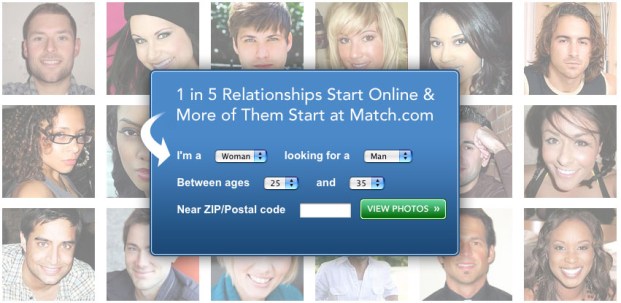
A woman who was sexually assaulted by someone she met via online dating site Match.com has settled her lawsuit against the company, satisfied that the site is now screening members for known sex offenders. According to the Associated Press, the lawsuit has been settled following Match.com’s demonstrating that new members are checked against both federal and state sex offender databases in order to screen out potential sexual predators.
Earlier this year, the woman was assaulted by someone she met via Match.com. Her attacker had previously been convicted of sexual battery, and eventually pleaded no contest to assaulting her. He is due to be sentenced next month, and faces up to a year in prison, five years’ probation, and lifetime registration as a sexual offender.
The woman’s lawsuit against Match.com did not seek financial damages; instead, it sought to require the site perform background checks on members in a good-faith effort to bar sexual predators.
“If I save one woman from being attacked, I’m happy,” the Associated Press quotes the victim as saying. “I went into this lawsuit to protect other people, and it worked.”
Shortly after the assault, Match.com announced it would begin screening members against a national sex offender registry.
Social networking services and online dating sites have often been cited as havens for sexual predators, although a good deal of public attention attention has focused on pedophiles and child molesters seeking out and grooming children. Online dating sites routinely offer tips to members to help them stay safe—particularly when meeting other members in the real world. (Match.com is no exception.) However, most services disclaim any responsibility for screening members.


